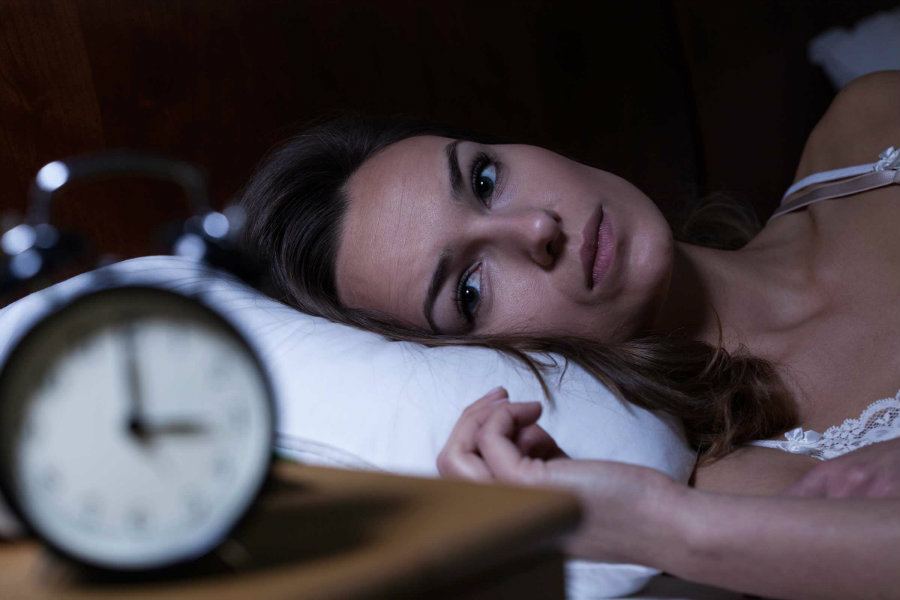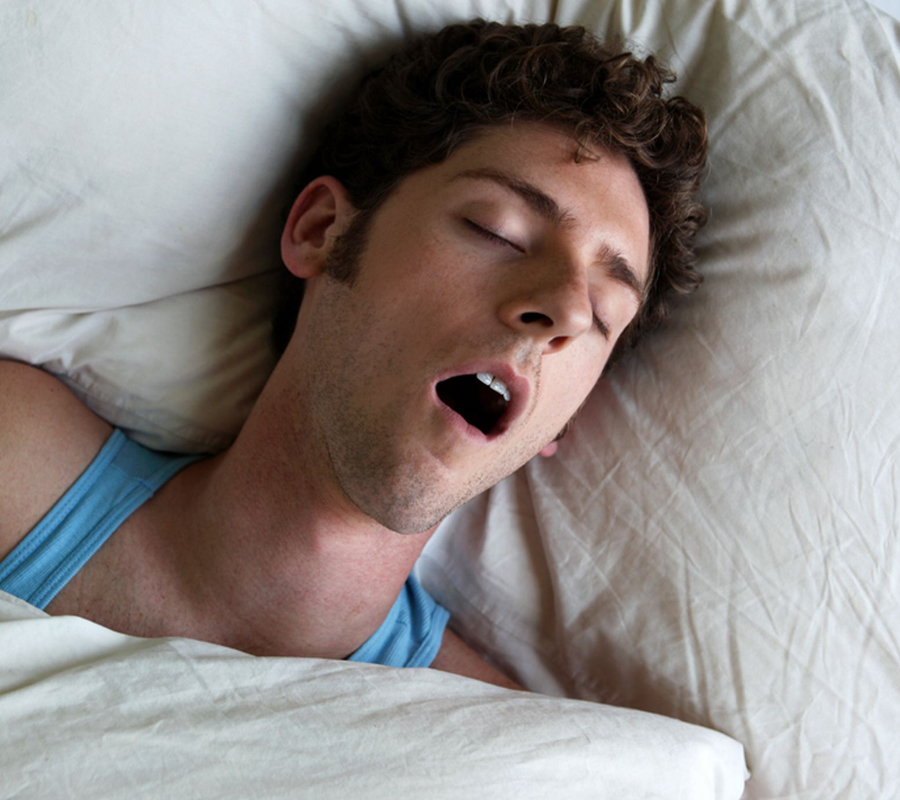A new study said that climate change is affecting people when they sleep, as rising temperatures are contributing to uncomfortable sleep time or sleepless nights.
The researchers used surveys to learn about sleeping conditions in the United States and found that nocturnal temperature increase produced nights of restless sleep throughout the country.

High temperatures translate into at least three nights of restless sleep
The study was led by Nick Obradovich, a fellow at the Harvard Kennedy School and research scientist at Massachusetts Institute of Technology’s Media Lab, who decided to investigate how high temperatures at night affect people. He was a graduate student at the University of California at San Diego in 2015 when a heat wave hit Southern California. Obradovich said that during the day, everyone on campus turned sluggish and grumpy.

He wondered if scientists had studied the relationship between sleep and temperature anomalies, and he found although some had studied poor rest in hot laboratory environments and sweltering houses, no one had tracked sleepers in their homes in the U.S.
The researchers relied on a Centers for Disease Control and Prevention survey that included 765,000 Americans contacted between 2002 to 2011. The CDC randomly dials people to learn about where they live, age, income, how much they drink and also how many nights of insufficient sleep a person had in the past month. The team paired the answers with weather station records to assess whether respondents may have been exposed to unusual nighttime temperatures.
Based on the information they gathered, the scientists calculated that every nocturnal temperature increase of 1 degree Celsius resulted in an additional three nights of restless sleep per 100 people per month. They scaled the results across the country, and they found that the 1-degree increase translated into 110 million extra nights of insufficient sleep each year.
Restless sleep caused by higher temperatures affects low-income people and seniors
The researchers noted that physiologically speaking, the loss of sleep makes sense, as human bodies cool down when they prepare to sleep. The blood vessels expand and allow heat to escape our bodies quicker. Body temperatures, which fluctuate around 1 degree over the course of 24 hours, will decline in the first hours of the morning.
“Decreasing body temperature is one of the strongest signals to our brain to bring on sleep onset,” said Sara C. Mednick, a sleep psychologist at the University of California at Riverside and co-author of the study, according to The Washington Post. “This decrease in temperature is regulated in part by the ambient temperature. Thus, when the ambient temperature is too high, the body cannot cool itself and therefore can’t fall asleep.”
Air conditioning could help these situations, and Obradovich said that he expected to find a less-pronounced effect in the United States, as it is a wealthy country on average and a relatively temperate country. He believes the country can use climate control technologies to mitigate spikes in hot weather, as opposed to countries like Brazil or India, whose fares are probably worse, but they don’t have the data to affirm that.
The study said that the effects of unusually high temperatures were most pronounced in the summer. The researchers noted that two subsets of the population were disproportionately affected: people with incomes lower than $50,000, who may not be able to afford air conditioning, and adults over 65, who are more susceptible to poor temperature regulation and heat stress.
Adapting to climate change is ‘costly’
Heat waves affect and take an outsize toll on older adults, who are more likely to die from heart-related diseases, and researchers said that the lack of sleep resulting from higher temperatures could compound these problems.

“Poor sleep has been shown to increase susceptibility to disease, infection, and viruses by decreasing immune function, along with other findings that increased sleep problems are associated with cancer, cardiovascular disease, obesity, and diabetes,” said Mednick, according to The Washington Post.
The researchers also created a possible forecast of sleep in 2050 and 2099. According to them, if current trends continue, increasing temperatures could add six additional restless nights per 100 people per month, and 14 nights by 2099. Mednick said it would be difficult to say how severe the public health impact would be from these extra restless sleep nights, but she believes it won’t be good.
Obradovich noted those forecasts were only very rough estimates. He said he doesn’t pretend to have any confidence on what sleep will look like in 2099 or 2050, as air conditioning technology may become cheaper or more efficient. However, he added that adaptation to climate change is costly, and the more things scientists find we need to adapt to, the more we’re going to have to pay.
Source: The Washington Post
